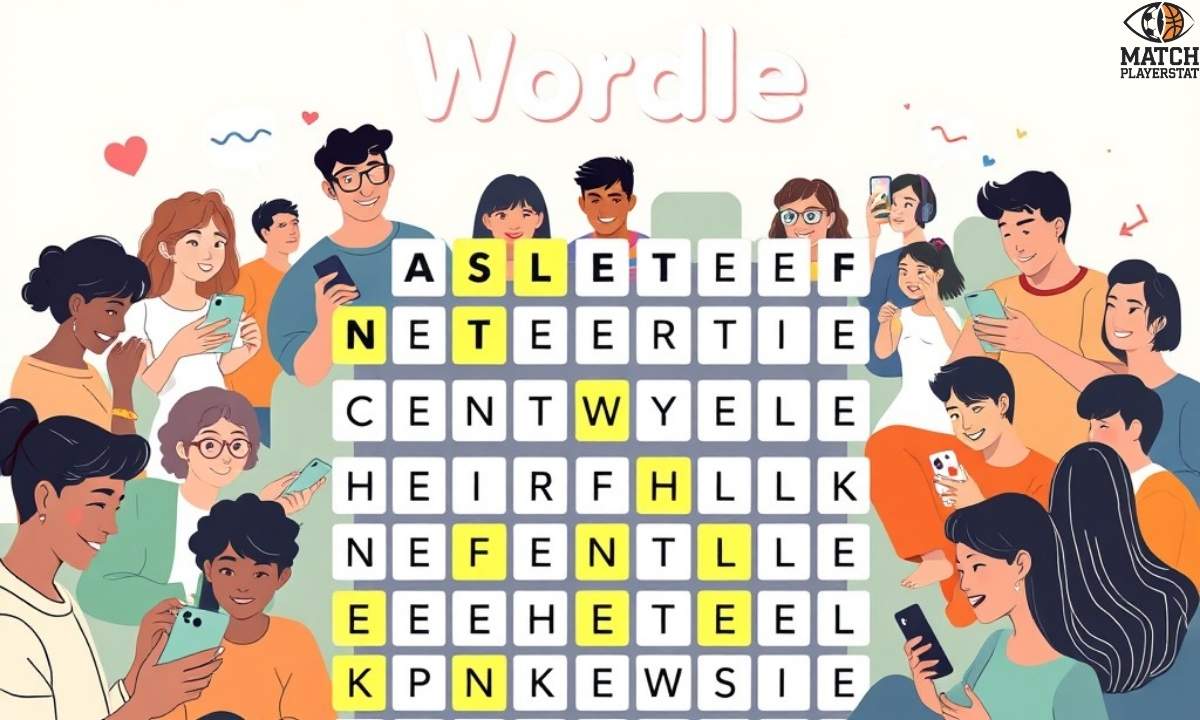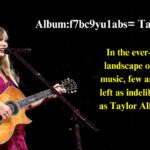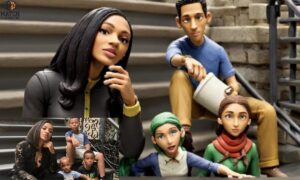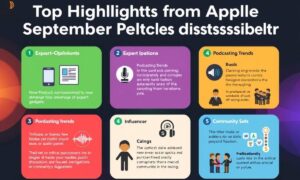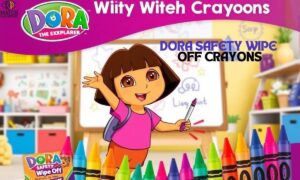Wordle Mashable has become a viral sensation, loved by millions worldwide. It’s more than just a game; it’s a daily ritual. People log in every day to take part in the daily puzzle challenge.
But why has it become so popular? Mashable, a leading digital platform, has explored the reasons behind its success.
This blog will discuss the game’s origins, how it became a global sensation, and the role Mashable played in covering its rise.
The Origins of Wordle Mashable: How It All Began
In 2021, a software engineer named Josh Wardle created Wordle for his partner. It was a private game, just for fun. He wanted to create something simple.
The game involves guessing a five-letter word in six attempts. After the game’s release, its popularity spread like wildfire.
The game’s minimalist game design played a key role in its success. Unlike many modern games, Wordle did not have ads or flashy graphics. It was just simple gameplay that kept players coming back for more.
Mashable wrote about the game’s early days, explaining how organic growth fueled its rise. People shared it with friends, and soon, it became a social media phenomenon.
Why Wordle Mashable Became a Global Sensation
What makes Wordle Mashable so special? It’s more than just a word-guessing game. Its accessibility in gaming is a big factor. The game is free, doesn’t require any downloads, and can be played on any device.
This accessibility made it easy for anyone to join in, regardless of age or location. The game’s design also promotes community engagement. Each day, players share their results online, showing off their colorful grids of yellow and green squares.
This sharing fosters a shared experience. It becomes a conversation starter and connects people across the globe. Mashable has pointed out that Wordle taps into the human desire for gamified learning.
It’s fun, but it also helps players think critically and enhance their vocabulary. Solving a puzzle every day has proven cognitive benefits. Players feel a sense of accomplishment, which boosts mood and even improves cognitive function.
The Role of Social Media in Wordle Mashable Success
Social media played a huge part in Wordle Mashable’s rise. The game became a viral game because of its unique visual appeal. Each player’s result can be shared as a grid of colored squares.
This feature made it perfect for social media. People shared their results on Twitter, Facebook, and Instagram, sparking curiosity among non-players.
This created a fear of missing out (FOMO). Seeing friends and even celebrities post their daily puzzle challenge results made others want to join in.
Mashable highlighted how grassroots marketing—people sharing the game with others—was more effective than traditional ads. Wordle didn’t need a huge marketing budget to spread; its players did the work for it.
Mashable’s Take on Wordle Mashable’s Impact on Culture
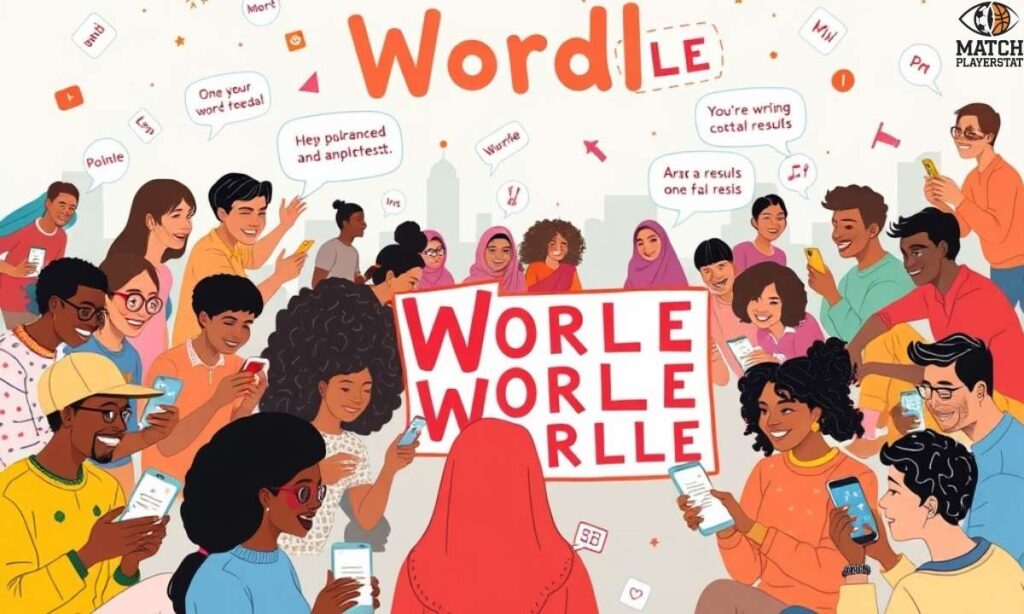
Mashable has been a key player in documenting Wordle Mashable’s cultural impact. The game isn’t just a pastime; it’s become part of daily life.
It connects people in a way few other games do. From family group chats to office conversations, Wordle Mashable is everywhere.
The game’s simplicity has made it a cultural equalizer. It doesn’t require expensive devices or complex software. Anyone with a device and internet connection can play.
Mashable notes how this accessibility helped Wordle Mashable appeal to a broad audience, from children to grandparents. It transcended language and age barriers, allowing people from different walks of life to connect.
Read This Blog: Discover Tiffanyxduhh1 Bio/Wiki 2024 & Career Achievements
The Acquisition by The New York Times
In early 2022, Wordle Mashable was acquired by The New York Times. This raised concerns about the future of the game. Would it become paywalled or filled with ads? However, The New York Times assured players that the game would remain free and unchanged. Mashable covered the transition, noting how Wordle retained its charm despite the acquisition.
The acquisition was a significant moment for the game. It underscored its value not just as a game but as a cultural asset.
The New York Times recognized that Wordle Mashable was more than a passing trend. It had become a part of digital culture. Mashable praised the way the Times allowed the game to evolve without changing its essence.
Wordle Mashable Spin-Offs and Imitators
The success of Wordle Mashable led to many imitators. Games like Worldle (a geography-based version) and Heardle (focused on music) emerged. Mashable covered the rise of these spin-off games, noting how they added variety and catered to niche interests. Some of these versions are fun and creative, but others are simply cash grabs, filled with ads and paywalls.
Mashable has been quick to call out these blatant imitations. It’s important to protect the original game’s core values, such as simplicity and user experience. The key to Wordle Mashable’s success is its straightforward gameplay. Mashable has praised those spin-offs that have stayed true to these values.
The Future of Wordle Mashable and Mashable’s Role
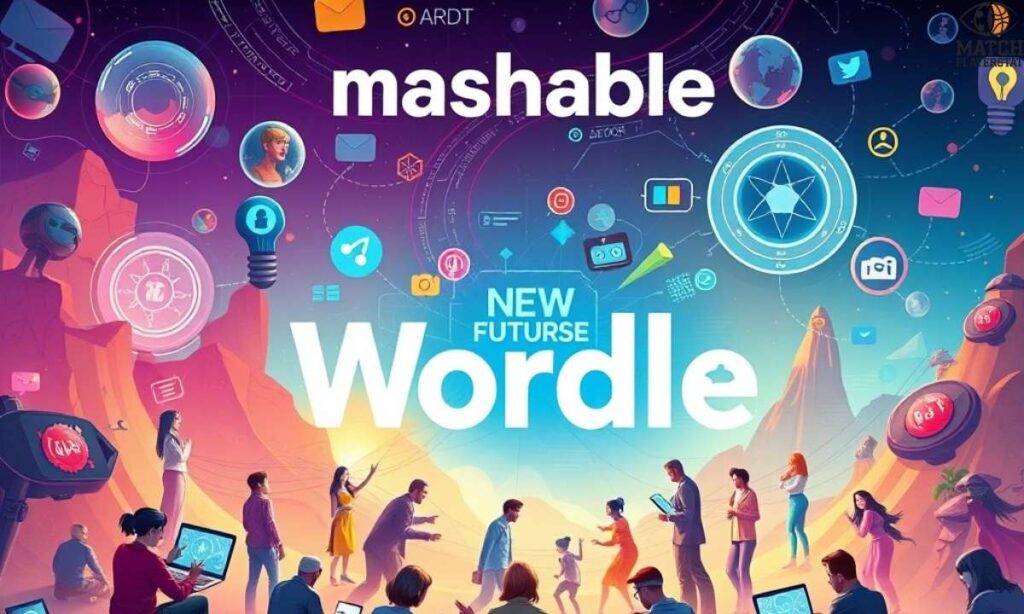
What’s next for Wordle Mashable? Will it remain a daily ritual for millions, or will it fade like other internet trends? Mashable believes Wordle Mashable has staying power.
Its simplicity and cultural impact give it a timeless quality. The game will likely continue to evolve, but it will always remain a part of digital culture.
Mashable will continue to cover Wordle Mashable’s journey. Its in-depth articles provide valuable insights into why the game is so successful.
As new developments arise, Mashable will be there to document them, offering players a deeper understanding of the game’s place in the world of digital trends.
Frequently Asked Questions
1. What is Wordle Mashable?
Wordle Mashable is a popular word guessing game where players have six chances to guess a five-letter word. The game’s simplicity and daily puzzle challenge format have made it a viral game.
2. How did Wordle Mashable become so popular?
The game’s minimalist game design, combined with grassroots marketing and community engagement, helped it go viral. Social media sharing played a key role in its rise.
3. Is Wordle Mashable free to play?
Yes, Wordle Mashable is free to play. There are no ads or paywalls, making it accessible to everyone.
4. How does Wordle Mashable impact culture?
Wordle Mashable has become a cultural equalizer by connecting people across generations and geographies. It offers a simple, fun distraction and fosters a shared experience through social media.
5. What are some spin-off games of Wordle Mashable?
Spin-offs like Worldle and Heardle have emerged, offering variations of the Wordle Mashable concept. These spin-off games add fresh challenges and cater to different interests.
Conclusion
Wordle Mashable is more than just a game; it’s a social media phenomenon that has brought people together through a shared experience. Its success lies in its simplicity, accessibility, and ability to foster a sense of community engagement.
From its humble beginnings to its acquisition by The New York Times, Wordle Mashable has become a cultural staple. As it continues to evolve, its impact on gaming and digital culture will undoubtedly endure.
Mashable’s role in chronicling this journey has provided valuable insights into why Wordle Mashable has become a global sensation.
Read more: Discover more articles on sports, celebrities, and blogs on matchplayerstat.co.uk to stay updated on the latest stories and insights.

Akash is a talented content writer and digital marketer with expertise in SEO, social media management, and online marketing.
